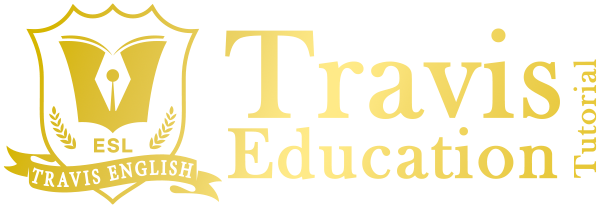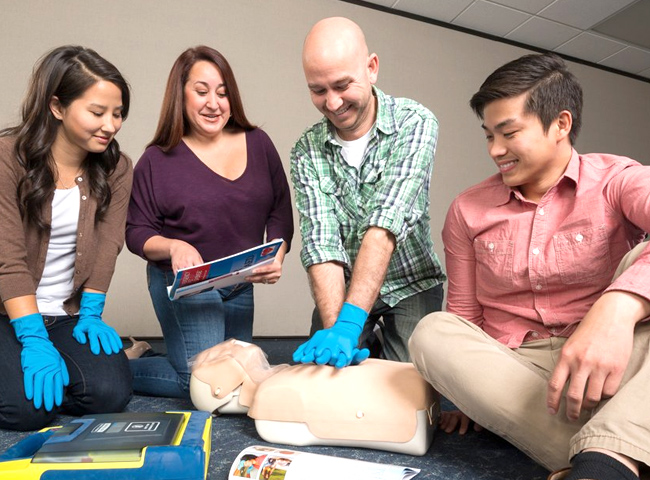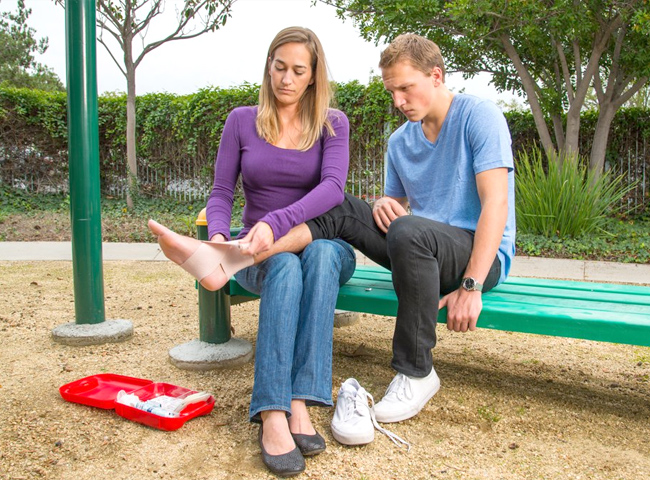EFR, Emergency First Response can help you learn coping skills for
emergencies that can suddenly come in your daily life and help
your child, family, and people around you when they are in danger.
The EFR course teaches first aid skills, CPR, and how to use an automated
external defibrillator (AED) for adults, children, and infants,
And after completing all courses, an international certificate (E-Card) is issued.
Emergency First Response is one of the fastest-growing international CPR,
AED and first aid training organizations. With more than 56,000 instructors worldwide,
Emergency First Response is backed by 48 years of experience
in the development and delivery of instructional courses,
training materials and educational curricula.
Emergency First Response courses have widespread international acceptance.
Every day, in more than 175 countries around the world, Emergency First Response Instructors
help communities prepare for disaster by training community members
to respond to medical emergencies when emergency services are delayed or unavailable.
Emergency First Response courses follow the emergency considerations
and protocols as developed by the members of the International Liaison
Committee on Resuscitation (ILCOR).
Members include American Heart Association (AHA), European Resuscitation Council (ERC),
Australian Resuscitation Council (ARC), New Zealand Resuscitation Council (NZRC),
Heart and Stroke Foundation of Canada (HSFC), Resuscitation Council of Southern Africa (RCSA),
Inter American Heart Foundation (IAHF), Resuscitation Council of Asia
(RCA – current members include Japan, Korea, Singapore, Taiwan).





